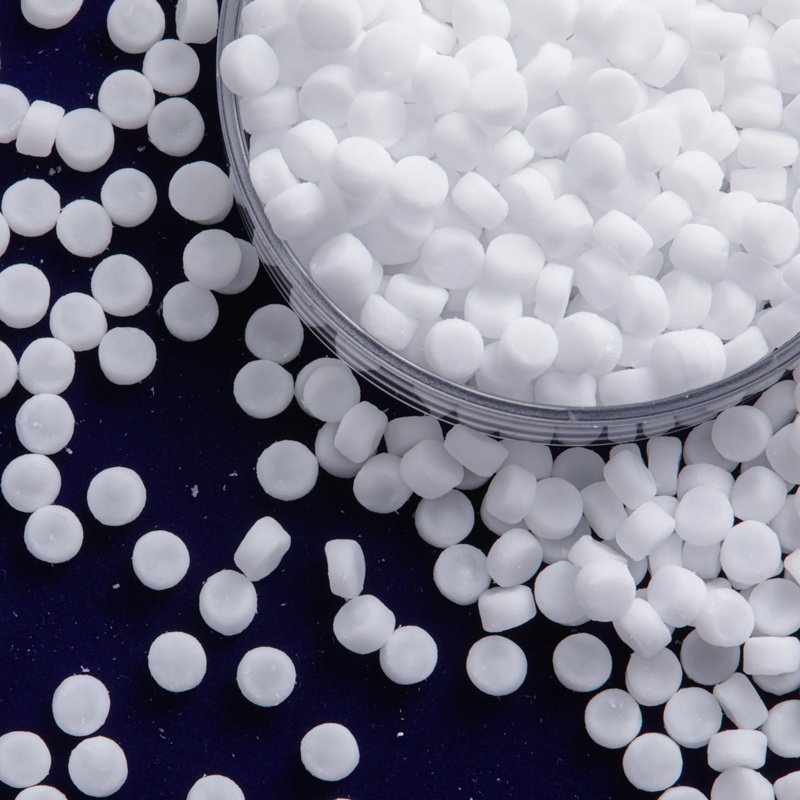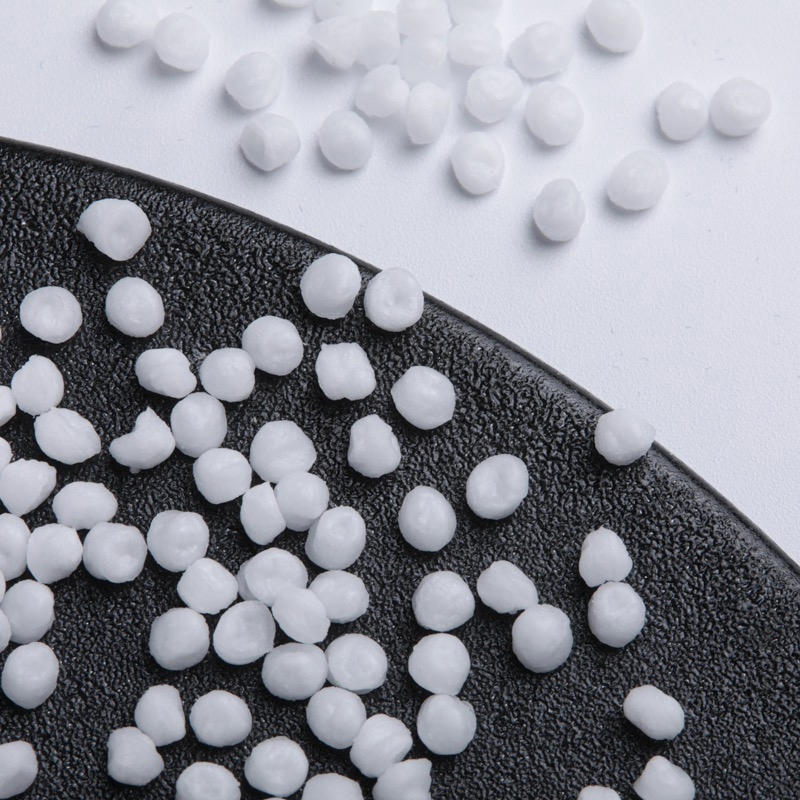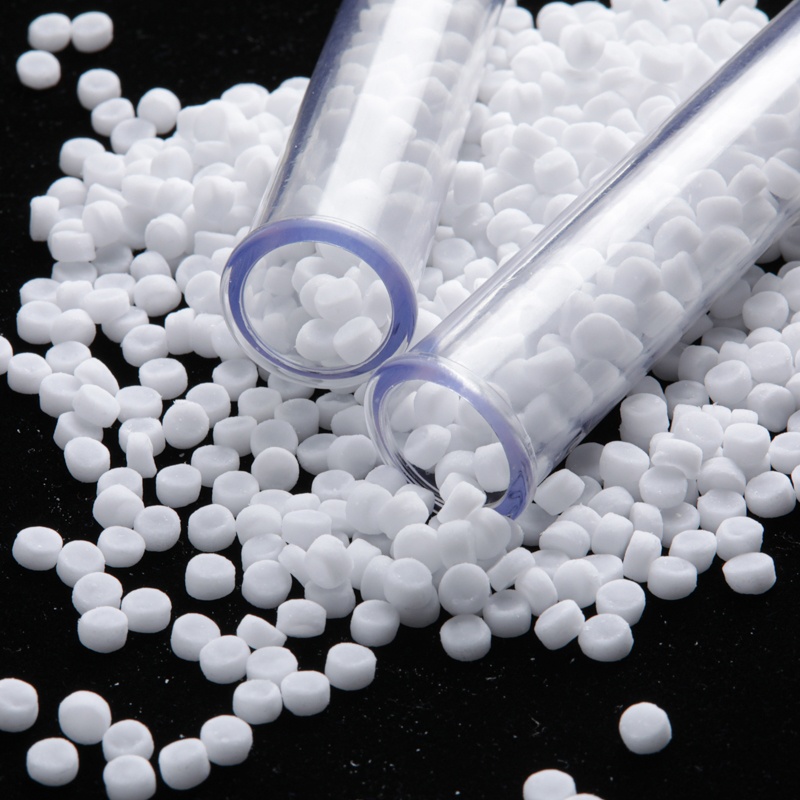shoe sole products, such as shoes and boots, are designed to protect our feet and provide comfort and support. However, constant exposure to different types of surfaces and environments can cause wear and tear on the sole, leading to a reduced lifespan and potentially causing discomfort for the wearer. To address this issue, manufacturers have begun to incorporate silicone into the production process of sole products, claiming that it can improve the wear resistance of the product. In this article, we will explore the properties of silicone, its impact on sole products, and the benefits it provides.
Properties of Silicone:
Silicone is a synthetic polymer made up of silicon, oxygen, carbon, and hydrogen. It has a unique combination of properties that make it an ideal material for use in shoe sole products. These properties include:
-
High-temperature resistance: Silicone can withstand high temperatures without losing its shape or breaking down, making it ideal for use in products that will be exposed to heat.
-
Water resistance: Silicone is highly resistant to water and will not degrade when exposed to moisture, making it ideal for use in products that will be used in wet or humid conditions.
-
Elasticity: Silicone has a high level of elasticity, meaning it can stretch and return to its original shape without breaking or deforming. This property makes it ideal for use in products that will be subjected to repeated stress or pressure.
-
Non-toxic: Silicone is non-toxic, making it safe for use in products that will come into contact with human skin.
Impact of Silicone on Sole Products:
The incorporation of silicone into the production process of sole products can have a significant impact on the wear resistance and durability of the product. The addition of silicone can provide the following benefits:
1、Improved slip resistance: Silicone has a high coefficient of friction, which means it provides excellent slip resistance.
properties of silicone that make it an ideal material for use in sole products include:
-
Chemical resistance: Silicone is highly resistant to chemicals and will not break down or degrade when exposed to chemicals. This property makes it ideal for use in products that will be exposed to chemicals, such as cleaning agents or industrial solvents.
-
UV resistance: Silicone is highly resistant to UV radiation, meaning it will not degrade or become brittle when exposed to sunlight. This property makes it ideal for use in products that will be exposed to sunlight, such as outdoor footwear.
-
Antimicrobial properties: Some types of silicone have antimicrobial properties, meaning they can help to prevent the growth of bacteria and fungi. This property can be particularly beneficial in industries such as healthcare, where hygiene is a top priority.
-
Aesthetics: Silicone can be made in a range of colors and finishes, making it a versatile material for use in sole products. Manufacturers can use silicone to create unique designs and patterns on the sole of the shoe, enhancing the aesthetics of the product.
Overall, the addition of silicone to the production process of sole products can provide a range of benefits, including improved durability, slip resistance, comfort, and safety. The unique properties of silicone make it an ideal material for use in sole products, and its versatility allows manufacturers to create products that are both functional and aesthetically pleasing. As such, it is likely that we will see an increase in the use of silicone in sole products in the coming years.
Related Products




